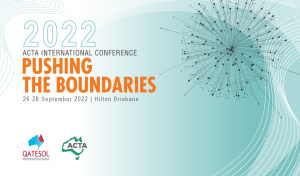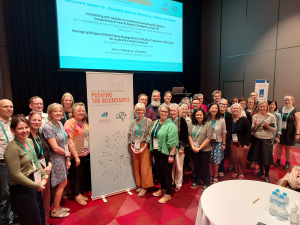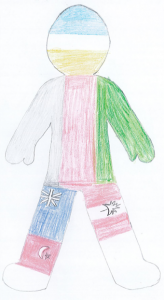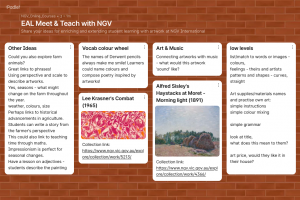2022 VicTESOL Symposium
Creativity and collaboration: Teachers’ approaches to integrating oral skills in beginner-level adult EAL classrooms
Skye Playsted (University of Queensland)
Summary
Syke Playstead (University of Queensland) offered a highly insightful session into new ways for EAL teachers to consider the role of pronunciation in their EAL students’ lives.
Having contextualised her PhD study, she argued for an understanding of the purposes of pronunciation from a material economic, cultural discursive and socio-political perspective. She then linked pronunciation to the idea of what it means to live a good life.
In the workshop, participants then discussed in small groups how they perceived these ideas and many came up with new ideas about how our students’ social, family and working lives shape the development and needs of pronunciation – that the relevance of pronunciation may relate to notions of identity and that an accent may be more or less acceptable in certain contexts. By making students aware of how differing social contexts shape their accent , identity and language development was one strategy that arose from the conversation.
A very thought provoking session for all in an area that is understudied but that is so important to support and develop in our students.






